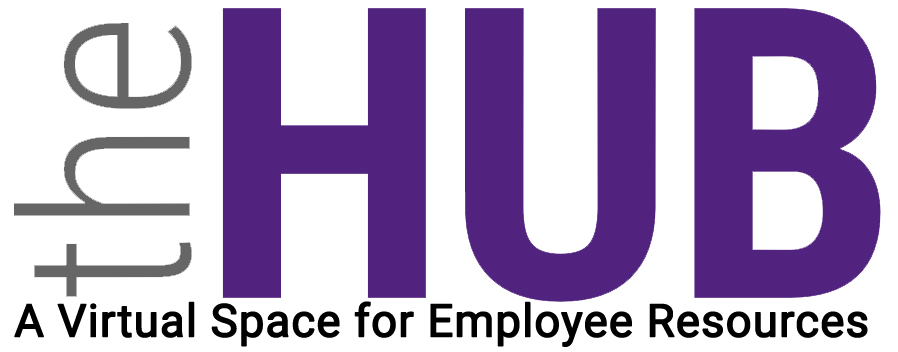Dare to Lead: Brave work. Tough Conversations. Whole Hearts. By Brené Brown (Random House, 2018)…
Review of Deep Work by Cal Newport
Megan Calvert, Educational Specialist, WDCE/AEBSCC
 As we shift and settle into our work-from-home routines and manage distractions from family members, household tasks, and trying news reports, many of us could benefit from a little more focus. That was precisely why I turned to Deep Work by Cal Newport (2016).
As we shift and settle into our work-from-home routines and manage distractions from family members, household tasks, and trying news reports, many of us could benefit from a little more focus. That was precisely why I turned to Deep Work by Cal Newport (2016).
Newport, an accomplished Georgetown professor, knows the plight of the knowledge worker well and provides ample guidance for staff and faculty alike on how to achieve meaningful goals. He contrasts deep work, “professional activities performed in a state of distraction-free concentration that push your cognitive capabilities to their limit,” (Newport, 2016, p. 3) with shallow work, “non-cognitively demanding logistical-style tasks, often performed while distracted” (Newport, 2016, p. 6). Undoubtedly, most of us can relate to one of these more than the other.
After spending the first half of the book convincingly laying out his argument for the value of deep work, he goes on to provide four rules and accompanying strategies for attaining more of it. Below are the rules, along with some samples of these strategies:
Rule #1: Work Deeply: Focus on your “wildly important” goals, create a routine that allows you to build deep work into your life, and make sure to take genuine breaks. Newport, for example, uses a shutdown ritual at the end of his workday that signals his work has ended and he is free to enjoy his time.
Rule #2: Embrace Boredom: One useful concept he examines is concentration training. He suggests for example, that you schedule time to use the internet or email and prevent yourself from using it outside those internet blocks, thus training your brain for concentration.
Rule #3: Quit Social Media: The argument is that for most people, social media doesn’t help you meet your most important life goals. Instead, it is designed to be addictive and has negative effects on our concentration.
Rule #4: Drain the Shallows: This section provides several key strategies for making email more efficient, such as responding more thoroughly so that you can respond once instead of just sending a chain of short emails that spark more questions. For anyone looking for a way to enjoy more focus and more productivity, Deep Work is a valuable read.
Newport, C. (2016). Deep work. Grand Central Publishing.

This Post Has 0 Comments